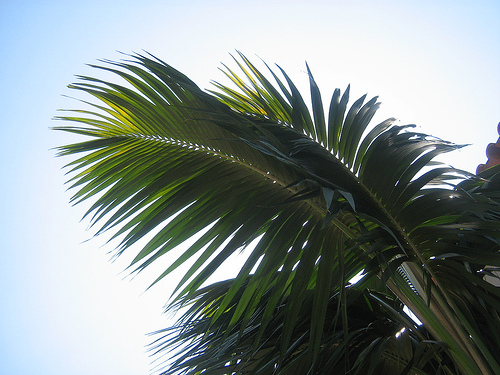A significant announcement today that could have a big impact on Facebook and its mobile strategy: the mobile carrier Orange, part of France Telecom, announced that it is rolling out a new service that will let those using even the most low-end mobile phones to access the social network in Africa, where Orange has operations in 20 countries, covering 70 million subscribers.
The move is important because data access — both fixed and mobile — is still very minimal in many parts of the continent: Orange notes that on its own networks in Africa, only between seven and 15 percent of subscribers access data services of any kind. This gives Facebook (and potentially others) a way of getting around that issue and building up relationships anyway.
The service uses a bit of technology called USSD (Unstructured Supplementary Service Data), which is built into even the most basic GSM phones (GSM is a ubiquitous standard in Africa), and operates on a channel separate from SMS, meaning a user doesn’t even need a messaging plan to access Facebook. Functions that will be available include the ability to search for friends, invite friends, accept or deny friend requests, status updates and comment/like/unlike friends’ status updates.
While the service will give Facebook — which already has 425 million active mobile users, according to its S-1 filing — a foothold in Africa, it is also being used by Orange as an additional revenue stream for itself:
Users will need to buy service bundles to use the service — sold in minutes, days, weeks or months of use. However, Orange notes that USSD is already used widely in Africa for other services like call-backs and sending account information, and with that consumer familiarity it expects at least one million people to sign up for the service by year’s end.
Orange’s service, which is the first of its kind in Africa, was actually soft-launched its USSD Facebook access in Egypt in December last year, with its operator Mobinil. In the last couple of months, the service has picked up 350,000 users — successful enough for Orange to decide to roll it out further. Today comes the Cote d’Ivoire, with the rest of the footprint coming online throughout 2012.
Important to point out that USSD Facebook access is also taking hold in other emerging markets, too: Aircel in India has also been offering a USSD-based Facebook access service.
Facebook itself has been making some moves to widen access, too, with services like Facebook Zero and its own work in feature phone apps.
Among third-parties, there are other, emerging-market routes to accessing Facebook and other services like Google+ and Twitter. These include the using the SMS channel, SIM-based solutions, and of course affordable feature phones and low-end smartphones that offer data-based access to those who can get it. (Orange itself launched three of these devices last year.)
One of those SIM-based solutions, from Gemalto, launched in November 2011 and has picked up 100,000 users in Argentina, with mobile operator Personal. The roll out will eventually cover PA’s entire user base, a spokesperson tells TC.
As with other third-party services that have enabled Facebook access via mobile devices, this one uses Facebook’s private APIs to interface with the social network. A spokesperson for Orange says that company worked with Facebook and mobile services company Myriad to create the service.
One question this leaves is how and if Facebook is considering whether it will do anything specific or different to serve these users in developing markets longer term: yes, they may all eventually be using Facebook’s own apps on smartphones and tablets one day; but, today, for most that remains an abstract idea.
(Image: Madalena Pestana, Flickr)
